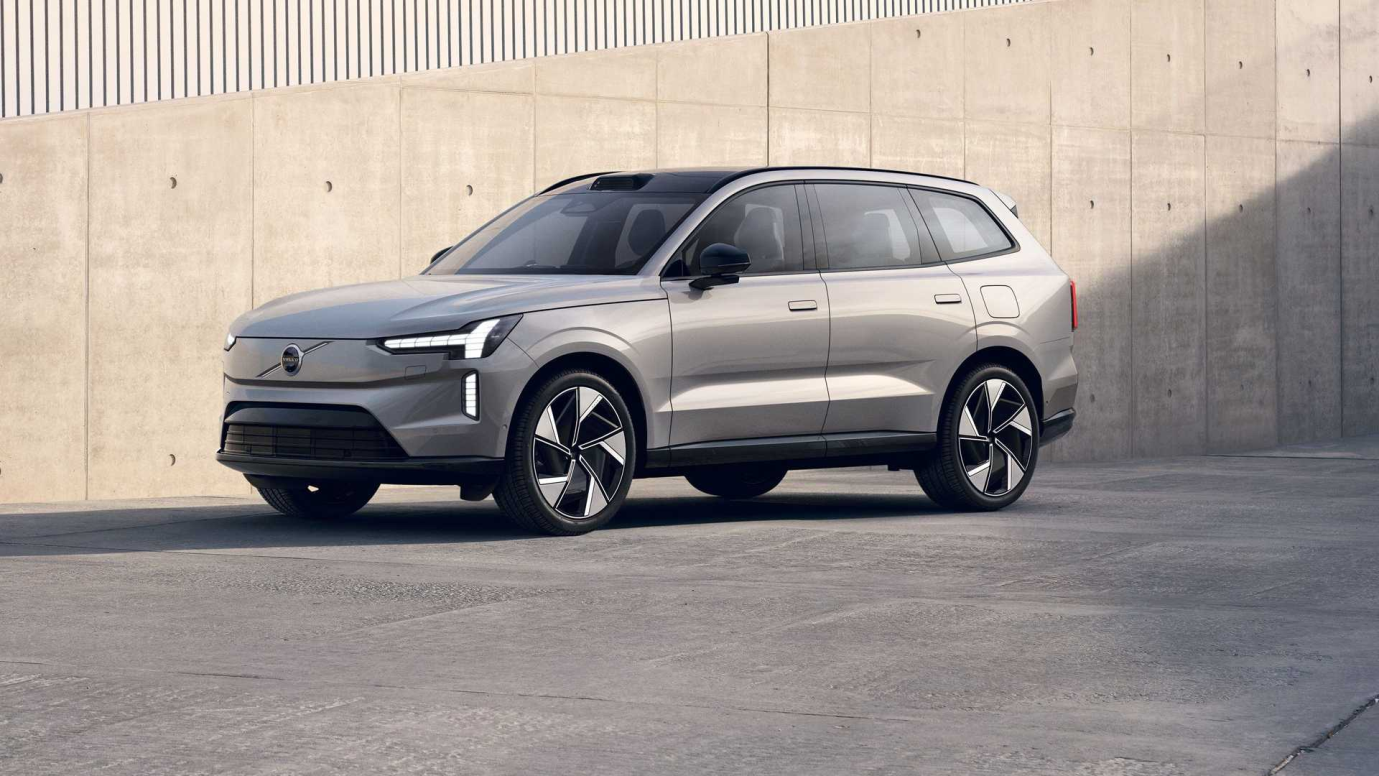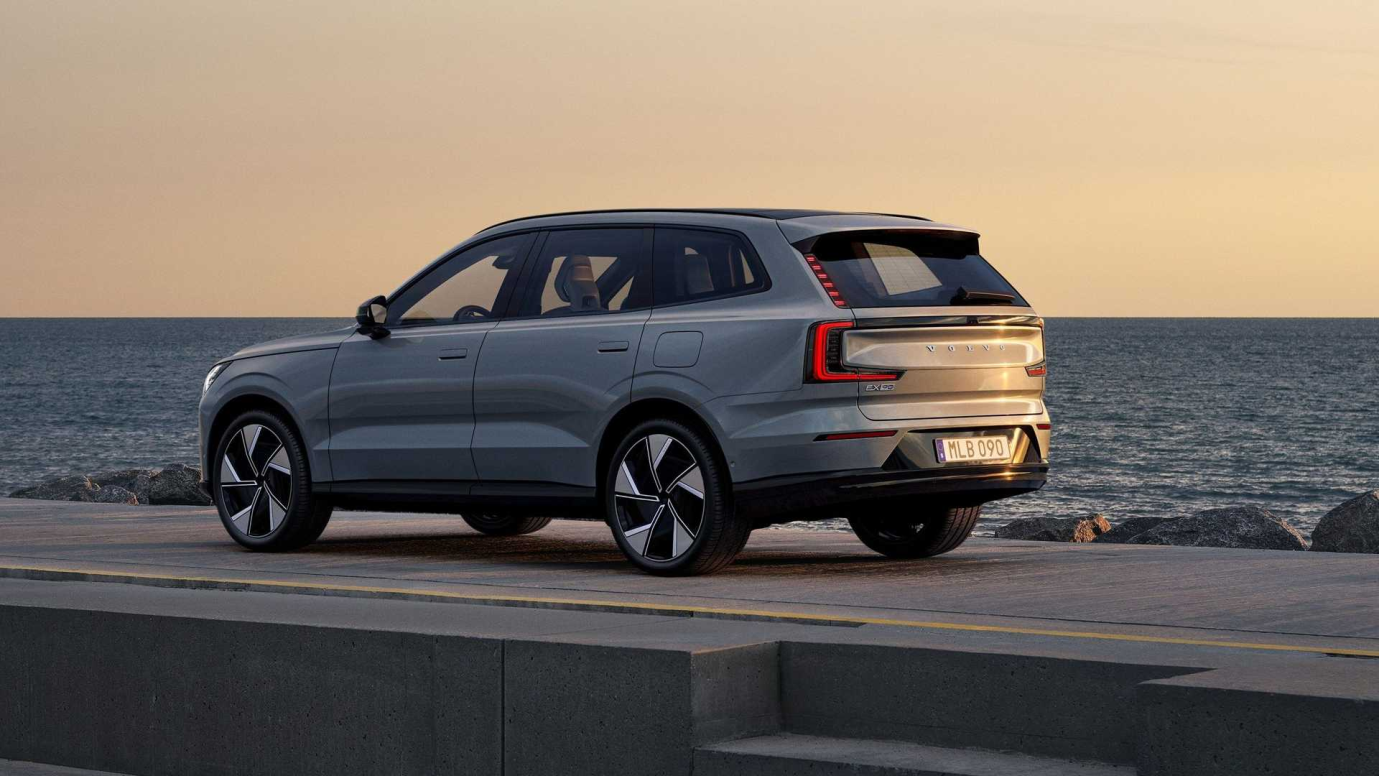 Volvo ceo evs price parity gas cars 2025
Volvo ceo evs price parity gas cars 2025
EVs are expected to become more affordable as soon as 2025, says Volvo CEO. Probably by using new smaller, more efficient batteries.
EVs are and have been the trend for more than a decade now, and since then, a lot of significant advancements have been made in this segment. Just have a look at the EVs we had ten years ago, and compare them with the ones we have now. Prices however, didn’t change as expected, promises of cheaper batteries and mass production are still just… promises. A lot of reasons contributed to this reality, despite that, Volvo CEO Jim Rowan is optimistic about the future, predicting a significant price drop as soon as 2025.
It’s extremely hard to predict the future, lots of factors can come into play, and there’s still a lot of work in order to make EVs as affordable as their ICE counterparts.
 Volvo ceo evs price parity gas cars 2025
Volvo ceo evs price parity gas cars 2025
Rowan's vision regarding the future of EVs is built upon smaller, lighter, cheaper and more efficient batteries, a logical strategy since current batteries are the most expensive part of an electric vehicle. He also insists that carmakers should focus on exploiting their own resources and try to design EVs that people really want.
"We think we get [to price parity] … around 2025, where there'll be enough technology that's driving down cost on the battery. Technology will drive range up. Fewer batteries, but more range, at less cost — we'll get there."
Volvo is in the middle of expanding its brand-new luxury EV fleet, they’ve recently revealed the EX90 three-row seven-seat midsize electric SUV; the replacement for the current XC90. And during the same event, the company also teased a new small electric crossover. Rowan described it as a "city car" style crossover. Volvo seems to be trying to make smaller EVs to simplify mass production and have better control over prices, while waiting for better battery technology that allows for real price change.
The top tier EX90 will sell for around $80.000, ten thousand more than its predecessor. But it may be eligible for a $7,500 tax credit. Rowan confessed that his company will try to benefit more from these tax credits by making smaller EVs; "We'll benefit [from the Inflation Reduction Act] when we get to the smaller SUVs that we'll bring."
Buying an $80.000 car is a monumental decision; you should be prepared to provide it with all the necessary care and protection. How?
Simply by using Coverking high-quality car covers, Coverking will help you find the most suitable car cover for you, based on your lifestyle and your climate region. And the best thing is that you will get a custom-made car cover, designed specifically to fit onto your car!
With Coverking you don’t have to worry about your car anymore, we will make sure that it will keep shining just like the day you bought it.



